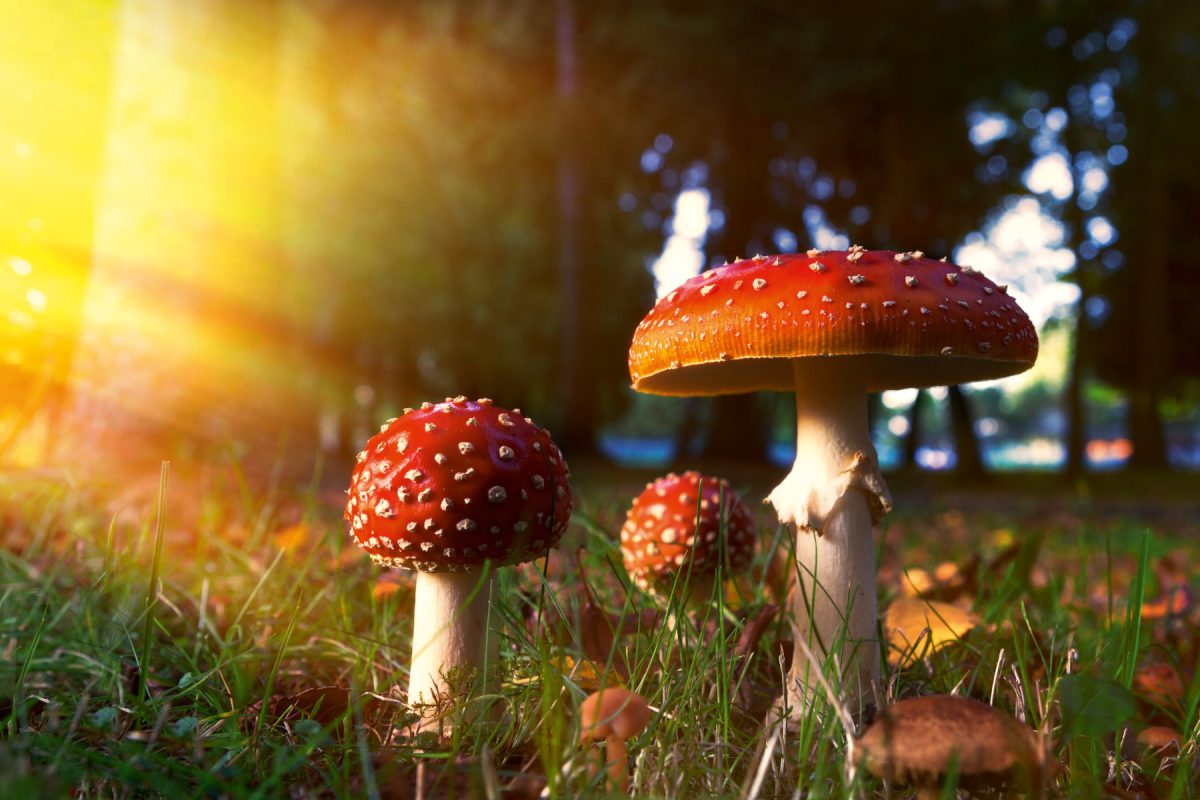Cannabis, CBD, Magic Mushrooms, Uncategorized
Microdosing LSD Edibles: Can Small Doses Create Big Shifts in Mood and Focus?
What is Microdosing LSD Edibles?
Microdosing LSD via edibles provides a relatively easy and inconspicuous way for users to introduce tiny amounts of lysergic acid diethylamide (LSD) into their system. The intention is not to induce full-blown psychedelic experiences, but rather to subtly enhance cognition, mood, or productivity. Many practitioners develop structured routines: dosing every other day, a couple of days on followed by days off, or across entire weeks to determine optimal effects.
Reported Benefits: Mood, Focus, and Beyond
Anecdotal accounts from microdosers abound, touting boosts in creativity, elevated mood, sharper focus, heightened energy, and increased sociability. Some even report relief from symptoms of depression, anxiety, and chronic pain15. Early research and surveys support modest positive outcomes:
- Mood: Studies and self-reports indicate potential transient lifts in mood. In controlled trials, participants experienced increased “vigor” and a more positive outlook following microdoses, though effects were often subtle and short-lived.
- Focus & Cognition: Preliminary findings suggest potential for improved focus, increased motivation, and enhanced cognitive flexibility, particularly when measured soon after dosing. However, these effects sometimes diminish with repeated dosing, likely due to tolerance.
- Creativity: While many users expect bursts of creativity, research doesn’t consistently support this, and some studies find little to no measurable boost.
Beyond Mood and Focus: Other Potential Effects
Some individuals report enhanced emotional balance, reduced anxiety, and improved well-being111. For those with certain mental health conditions, microdosing may offer alternative therapeutic possibilities. Small-scale studies suggest possible benefits for those struggling with depression or substance use, though the evidence remains preliminary and anecdotal.
The Science: How Might Microdosing Work?
LSD interacts primarily with serotonin receptors (notably 5-HT2A), a pathway shared by many antidepressant medications6. This receptor activity is thought to modulate perception, mood, and cognition. Unlike full doses, which dramatically alter consciousness, microdoses seem to fine-tune neural circuits involved in attention, emotion, and reward—potentially fostering subtle but noticeable shifts.
Risks, Limitations, and the Placebo Question
Despite its promise, microdosing LSD is not risk-free:
- Safety Concerns: Most controlled studies indicate that microdosing LSD is physically safe in healthy individuals, without significant negative effects on vital signs. However, mild side effects like anxiety, headache, or jitteriness have been reported. There’s also the potential for psychological dependence and unknown long-term risks, especially with unsupervised or frequent use.
- Legality and Quality Control: LSD remains illegal in most countries, raising risks around legality, purity, and dosage accuracy for users sourcing without regulatio.
- Tolerance: Repeated use may quickly reduce the drug’s effectiveness, leading to diminishing returns—a phenomenon observed in several laboratory studies8.
- Placebo Effect: Expectations play a critical role. Blinded studies reveal that many reported benefits of microdosing (improved focus, happiness, well-being) may be strongly influenced by participants’ beliefs and anticipation, rather than solely by the drug’s pharmacology.
The Research Gap
Despite inspiring testimonials and early laboratory findings, the scientific consensus is clear: robust, long-term, placebo-controlled studies are still lacking157. Much existing research relies on self-reporting, which can introduce positive bias. The field is evolving rapidly, but for now, claims of profound shifts in mood and focus should be viewed with a healthy skepticism.
Conclusion
Microdosing LSD edibles has attracted attention for its potential to subtly influence mood, focus, and overall well-being. Early research and personal accounts suggest there may be real—but modest and often short-lived—benefits. These must be balanced against legal, psychological, and physiological risks, and a research gap that leaves many big questions unanswered. For now, while small doses might indeed create small shifts, the search for “big shifts” in mood and focus remains ongoing.

